Best Practices Articles
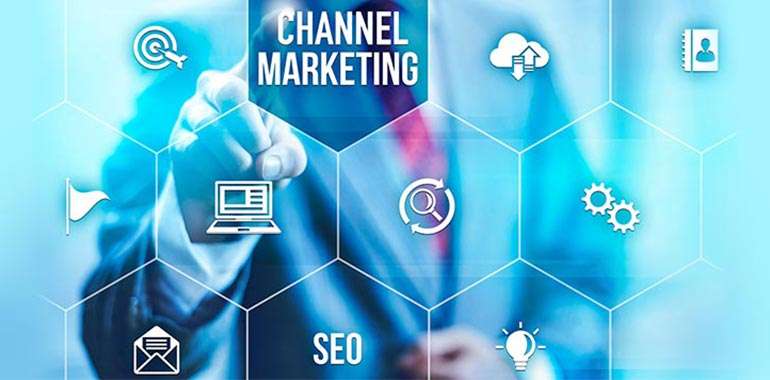
5 Things Channel Marketing Automation Platform Needs
Over the past decade or so, many companies selling to the channel have invested in some sort of marketing automation tool or platform for their channel activities. More recently, over the last five years or so, many of these vendors have come to realize that a direct marketing automation platform doesn’t work that well for a multi-tenant, channel-based marketing infrastructure. As a result of that, several large organizations—especially in the technology space—have begun to invest in channel marketing automation infrastructure. Most first-generation channel marketing automation platforms had some form of email tool, a web syndication tool and some basic event capabilities. However, buyers have moved online rapidly, and the ability to deploy a complete integrated set of tactics has become absolutely essential for any channel marketing automation platform to be successful. The next-generation platform—such as ZINFI’s partner marketing management platform—provides a core set of capabilities that not only make it possible to integrate diverse marketing tactics like email, events, search, social media and so on, but also bring in other elements to make the deployment and adoption of the channel marketing automation platform more successful.
In this article, we will explore five fundamental capabilities you need in your channel marketing automation platform- Partner profiling – You have to be able to dynamically create and manage your partner tier information. Many vendors tend to upload static partner tier information—e.g., platinum, gold or silver. But the partner base is dynamic. If you have a few hundred or perhaps even thousands of partners, managing the partner tier on a dynamic basis becomes very difficult. Therefore, you need to make sure that your channel marketing automation platform has partner profiling management capabilities. This is very important, especially as you try to provide personalized content—which we will elaborate on in the next sections below.
- Campaign library – Another essential element to ensure partners adopt and use your channel automation marketing platform is a preloaded campaign library that provides personalized content. This is an area where you need to tap in to the capabilities of a good partner profile manager. You may have hundreds or thousands of partners, but not every partner should have access to all of the campaigns in your library. Instead, you need to have the ability to tag campaigns by partner type or partner profile. The campaign library should not only be localized (by geography) but also personalized (by partner tier or type).We know from market research that 40% of buyers today go online to perform searches before the buy. Because of that, your channel marketing automation platform needs to provide your partners with a fully integrated set of inbound and outbound tactics like search, social, email, event, syndication and collateral co-branding. These are foundational capabilities that every campaign library should offer so that partners can run campaigns that are relevant to their unique requirements, and do so easily.
- Lead management and deal registration – As partners run campaigns, they need to be able to upload a list, put it through various cycles of the process, register a deal, and inform the vendor so they can get it approved and protected. In many cases, when a partner closes on a deal they may also be eligible for rewards and rebates—an extension of the lead management and deal registration capability. But your channel marketing automation platform needs to have—at minimum—a basic lead management and distribution capability. In addition to making it easy for partners to upload lists and run campaigns, you may also want to distribute leads to your partner base. This is where granular partner profiling and list management capabilities come into play. You need to be able to group and partition partners by various types and competencies; not all leads will be distributed to all partners. For example, partners who focus on selling to the healthcare segment will get only the healthcare leads, partners selling to banking and finance customers will get only those leads that are relevant to those segments, and partners selling to small and medium-sized businesses will get leads appropriate to the segments within that category. Detailed partner profiling and lead management are both crucial as you scale deployment and adoption of your channel marketing automation platform across the partner base.
- Marketing services store – Most partners today lack in-house marketing resources and thus are dependent on external marketing capabilities. It’s nearly impossible for such partners to research and find appropriate vendors to help them with tasks like list cleaning or list services, customizing certain templates (email, syndication, etc.), or managing execution in areas like telemarketing and event logistics. Many partners depend on third-party resources to manage these tasks for them—whether they are using their own funds or are being funded through a vendor’s marketing development funds (MDF) program. The best way for you as a vendor to encourage partners to make use of such services is to provide them with a pre-selected list of vendors that you have screened and with whom—using your buying power—you have negotiated to offer best-in-class pricing and capabilities to your partner base in different countries.ZINFI has worked as a marketing services agency or concierge to multiple Fortune 1000 companies. Over the years, we’ve learned that it’s not only the ability to provide “bite size” marketing services that’s important (please read our article "How to Provide Partner Marketing Concierge Help in Bite-Sized Chunks" to know more on this topic). It’s also crucial to provide a high-quality engagement that will actually drive leads, partner satisfaction, pipeline growth and, ultimately, business results for both you and your partners. Picking the right set of vendors and promoting them through the marketing services store is essential to ensuring your channel marketing automation platform is fully adopted. Keep in mind that these services vendors will vary widely by country. Again, integration is key: You need to be able to use partner profiling and other channel marketing automation capabilities to be sure that marketing services stores are customized by geography, so that they are listing only the vendors that are relevant to a particular country or region.
- Business analytics – This is possibly the most important area for ensuring adoption and usage of your channel marketing automation platform and ensuring you are getting the results you want. The business analytics function of your platform should be able to show you which campaigns are working, which campaigns are being used by partners, what other marketing assets are effective and how you can improve the quality of engagement with target buyers. Robust business analytics can also provide insight you can use to promote success stories across the partner base so that partners who are not necessarily using the best practices can learn about them and adopt them for improved results.
These five core capabilities—partner profiling, a personalized and localized multi-tactic campaign library, an integrated lead generation and management capability, a full-service marketing services store and business analytics—are essential for the adoption, usage and ultimate success of a channel marketing automation platform. They will provide value to your partner base and value to your business.
One final point: Channel marketing automation (CMA) is now becoming a core set of applications that fit within the overall framework of what we at ZINFI call Unified Partner Management. The two addition elements you must also consider are partner relationship management (PRM) and channel sales enablement (CSE). These three core solutions—CMA, PRM and CSE—together can comprise and Unified Partner Management platform that not only drives growth, but also reduces cost at a global level.
Best Practices Guidebook
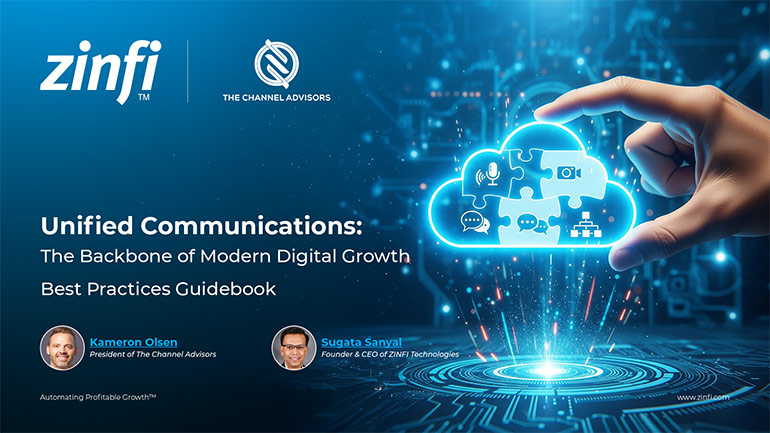 Unified Communications: The Backbone of Modern Digital Growth
Unified Communications: The Backbone of Modern Digital GrowthDownload for FREE
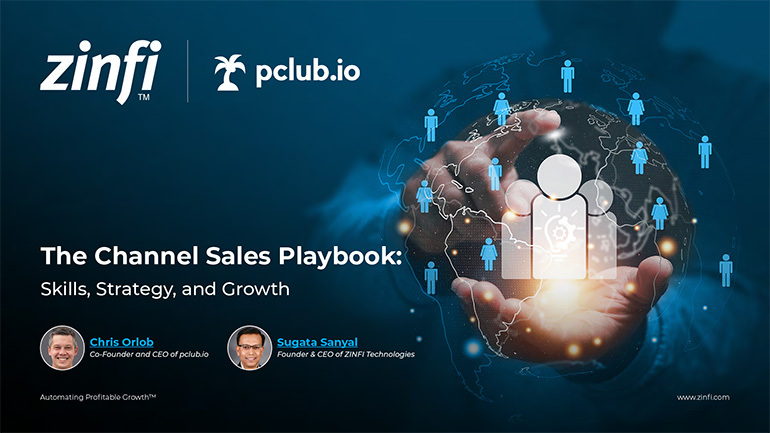 The Channel Sales Playbook: Skills, Strategy, and Growth
The Channel Sales Playbook: Skills, Strategy, and GrowthDownload for FREE
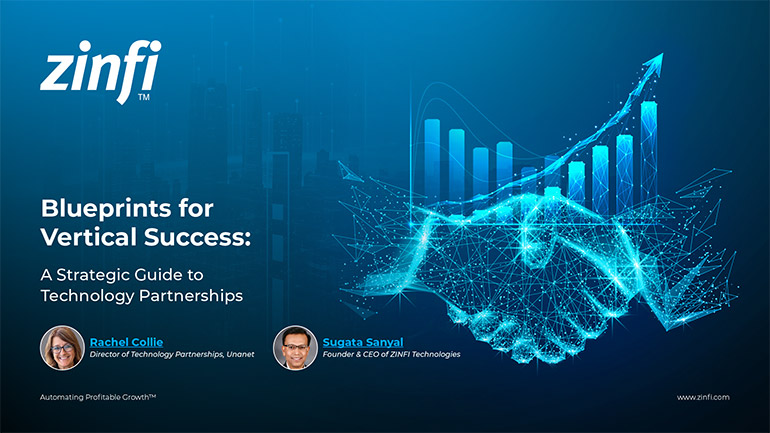 Blueprints for Vertical Success Best Practices
Blueprints for Vertical Success Best PracticesDownload for FREE
 The Future of Partner Enablement: From Enablement Gaps to Global Advantage
The Future of Partner Enablement: From Enablement Gaps to Global AdvantageDownload for FREE
 Reimagine Sales Development. Build a Smarter Prospecting Engine
Reimagine Sales Development. Build a Smarter Prospecting EngineDownload for FREE
 The Zero Trust Imperative: Fortifying Enterprise Security Against AI-Driven Threats
The Zero Trust Imperative: Fortifying Enterprise Security Against AI-Driven ThreatsDownload for FREE
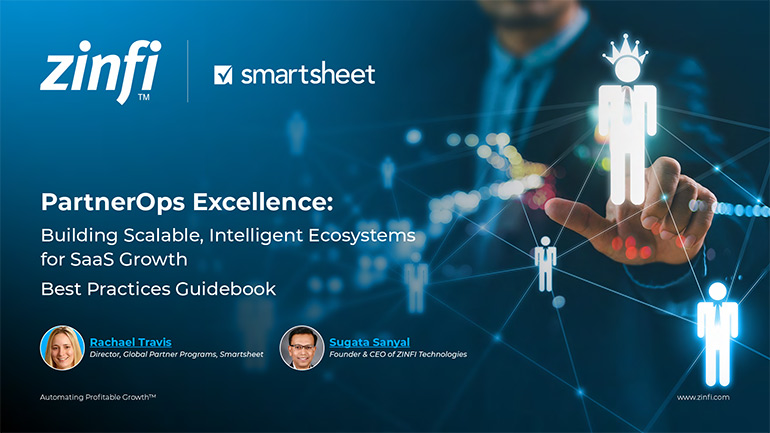 PartnerOps Excellence: The Definitive Guide to Scalable SaaS Ecosystems
PartnerOps Excellence: The Definitive Guide to Scalable SaaS EcosystemsDownload for FREE
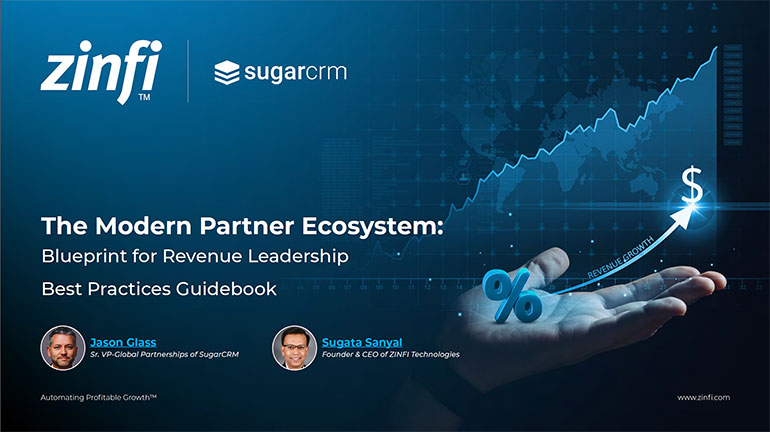 The Modern Partner Ecosystem Best Practices
The Modern Partner Ecosystem Best PracticesDownload for FREE
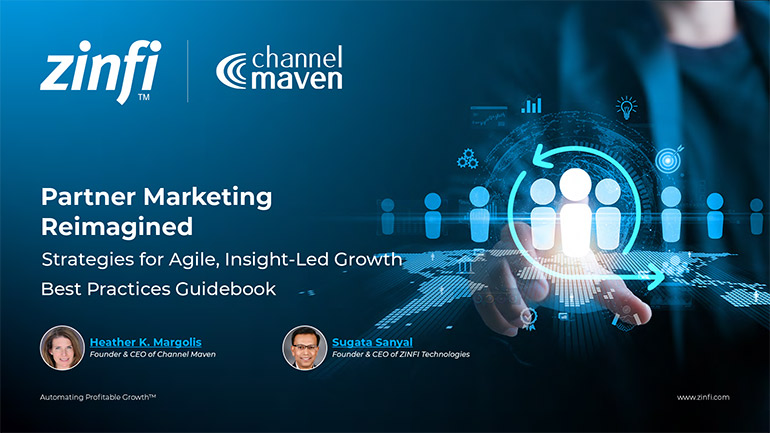 Partner Marketing Reimagined: Strategies for Agile, Insight-Led Growth
Partner Marketing Reimagined: Strategies for Agile, Insight-Led GrowthDownload for FREE
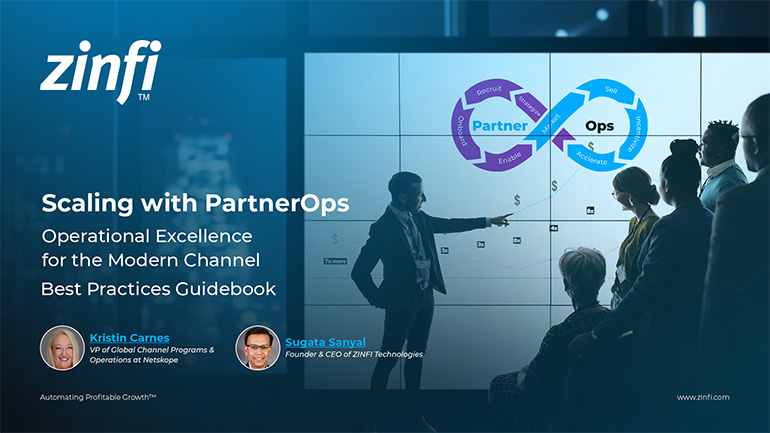 Scaling with PartnerOps Best Pratices
Scaling with PartnerOps Best PraticesDownload for FREE
 Leading with Partner Programs Best Pratices
Leading with Partner Programs Best PraticesDownload for FREE
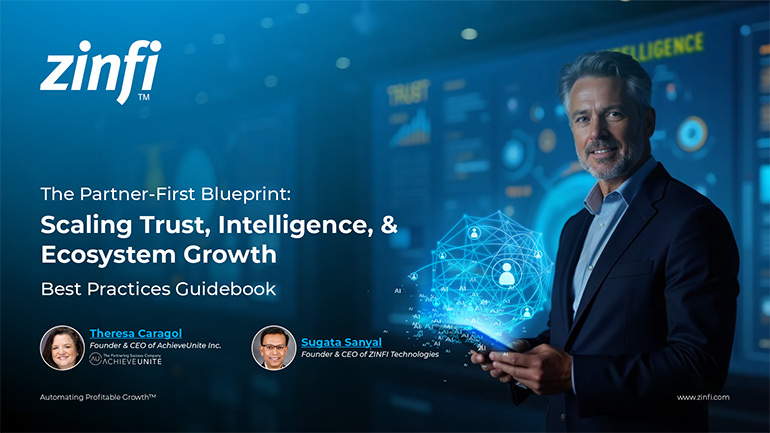 The Partner-First Blueprint: Scaling Trust, Intelligence, and Ecosystem Growth
The Partner-First Blueprint: Scaling Trust, Intelligence, and Ecosystem GrowthDownload for FREE
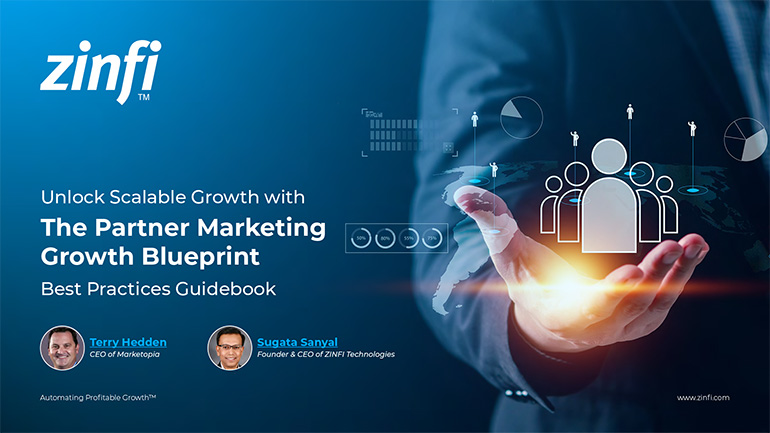 Unlock Scalable Growth with The Partner Marketing Growth Blueprint
Unlock Scalable Growth with The Partner Marketing Growth BlueprintDownload for FREE
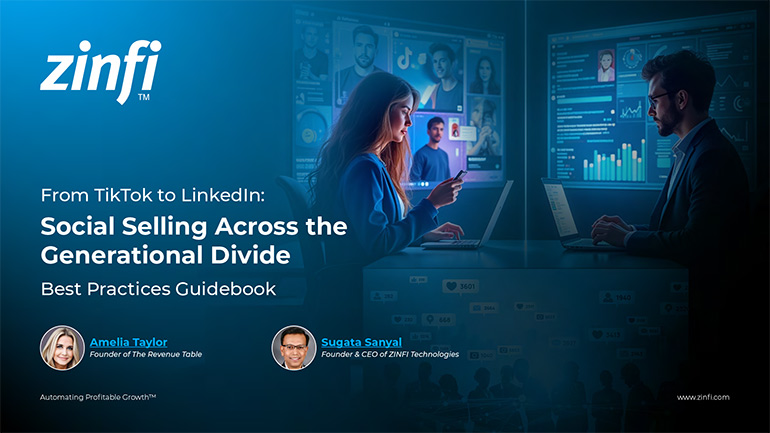 From TikTok to LinkedIn: Social Selling Across the Generational Divide
From TikTok to LinkedIn: Social Selling Across the Generational DivideDownload for FREE
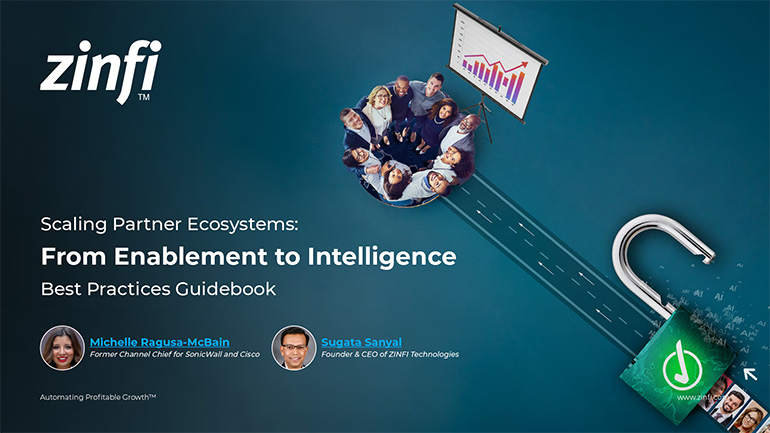 Scaling Partner Ecosystems: From Enablement to Intelligence
Scaling Partner Ecosystems: From Enablement to IntelligenceDownload for FREE
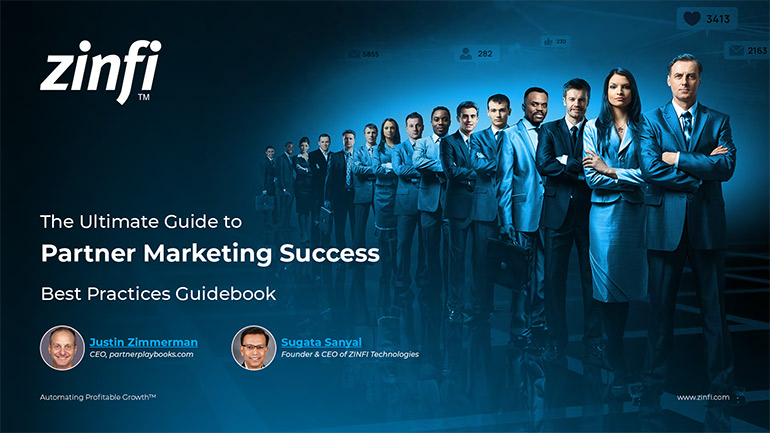 The Ultimate Guide to Partner Marketing Success Best Practices
The Ultimate Guide to Partner Marketing Success Best PracticesDownload for FREE
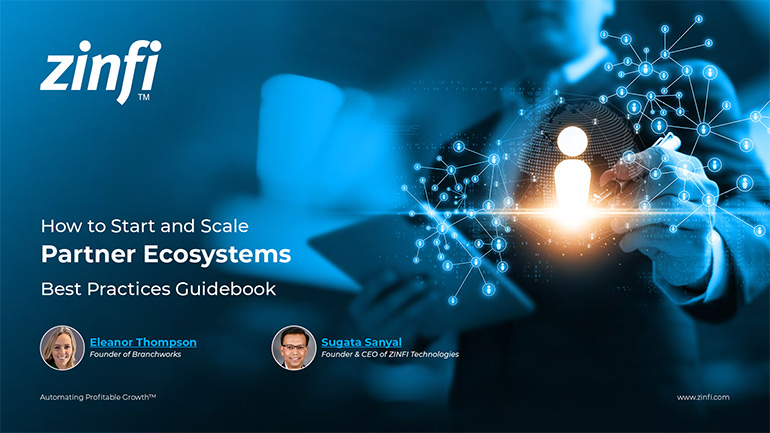 How to Start and Scale Partner Ecosystems Best Practices
How to Start and Scale Partner Ecosystems Best PracticesDownload for FREE







